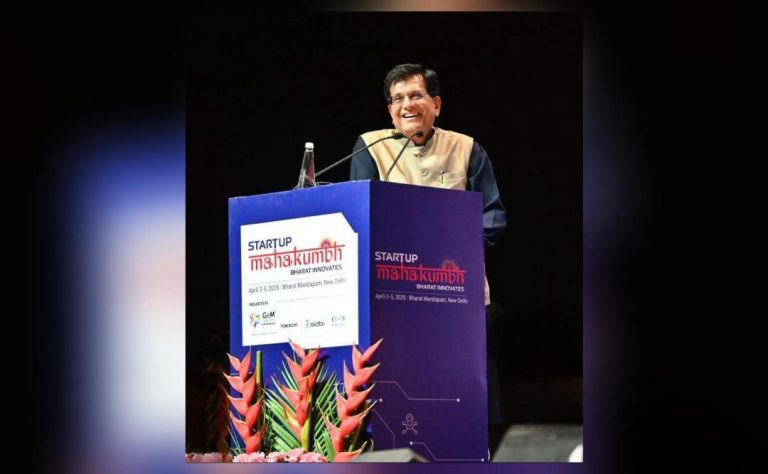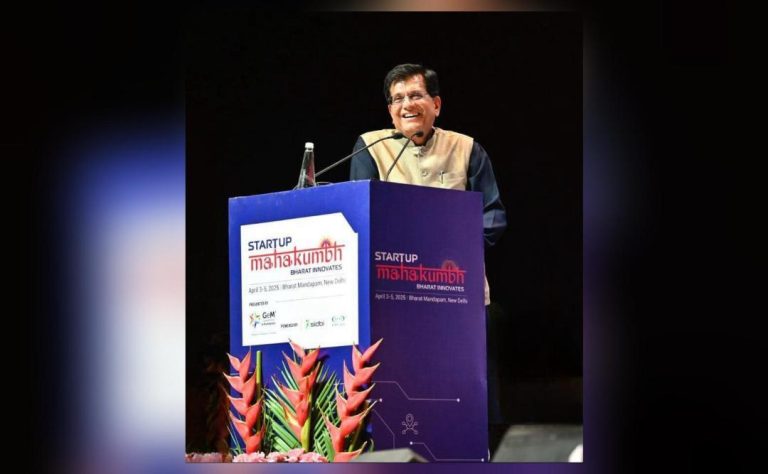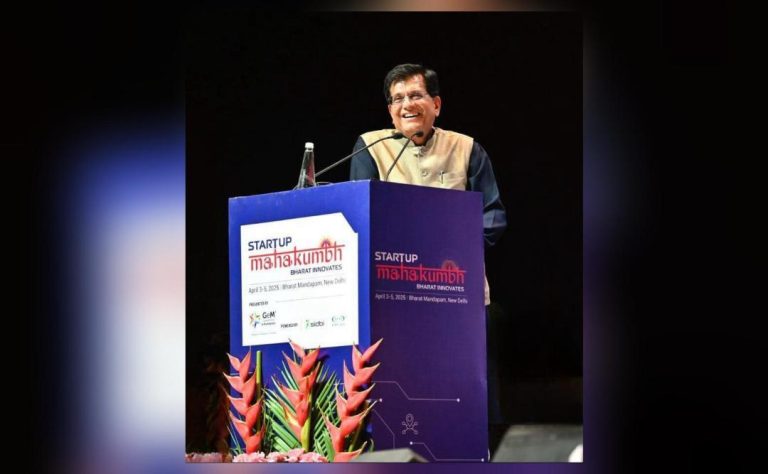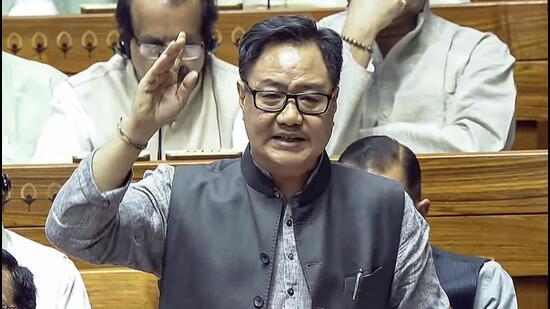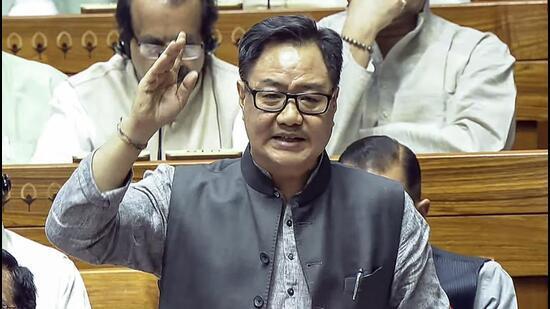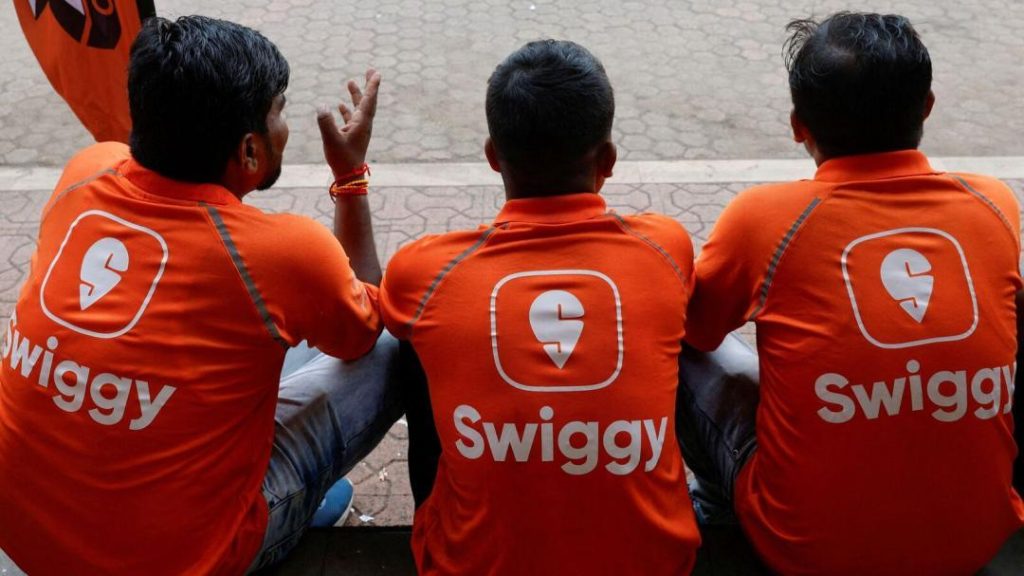
Swiggy Faces ₹158 Crore Tax Demand over Cancellation Fees
In a recent development, food delivery giant Swiggy has been slapped with a tax demand of ₹158 crore for the financial year 2021-22. The demand arises from alleged violations related to cancellation charges paid to merchants. According to reports, the company plans to appeal against the demand, claiming that it stems from a misunderstanding of tax provisions.
The tax demand, which is a significant amount, has raised eyebrows in the industry, and experts are of the opinion that it may set a precedent for how cancellation fees are taxed in the evolving digital economy. In this blog post, we will delve into the details of the tax demand, the reasons behind it, and the potential implications for the company and the industry as a whole.
Background of the Issue
Swiggy, which is one of the largest food delivery companies in the country, charges cancellation fees to customers who cancel their orders after a certain time period. These cancellation fees are typically a percentage of the order value and are paid to the merchants who partner with Swiggy. However, it appears that the company did not properly account for these cancellation fees in its tax returns for FY 2021-22.
According to the tax authorities, Swiggy failed to deduct and deposit the Goods and Services Tax (GST) on these cancellation fees, which is a violation of the GST laws. The tax authorities have demanded a total of ₹158 crore from Swiggy, which includes interest and penalties.
Swiggy’s Response
Swiggy has denied any wrongdoing and plans to appeal against the tax demand. The company claims that it has always complied with tax laws and regulations and that the demand is based on a misunderstanding of tax provisions. In a statement, Swiggy said, “We are reviewing the demand and will take necessary steps to address it. We are committed to complying with all tax laws and regulations and have always done so in the past.”
Expert Analysis
Industry experts believe that the tax demand on Swiggy may set a precedent for how cancellation fees are taxed in the digital economy. “This demand highlights the need for clarity on how cancellation fees are taxed in the digital economy,” said Rohan Shah, a tax expert. “As more and more companies adopt digital payment models, it is essential that tax authorities provide clear guidelines on how these models are taxed.”
Another expert, Sandeep Kumar, a chartered accountant, said, “Swiggy’s case is not isolated, and many other companies may be facing similar issues. The tax authorities need to provide more clarity on how cancellation fees are taxed, and companies need to be more diligent in their tax compliance.”
Implications for the Industry
The tax demand on Swiggy may have implications for the food delivery industry as a whole. If the demand is upheld, it could lead to a change in the way companies like Swiggy charge cancellation fees. Companies may need to reconsider their pricing strategies and consider passing on the costs to customers.
Moreover, the demand could also lead to increased compliance costs for companies, as they may need to implement additional systems and processes to track and account for cancellation fees. This could lead to increased costs for companies, which could ultimately be passed on to customers.
Conclusion
The tax demand on Swiggy is a significant development in the food delivery industry, and its implications are far-reaching. While Swiggy plans to appeal against the demand, the case may set a precedent for how cancellation fees are taxed in the digital economy. As the industry continues to evolve, it is essential that tax authorities provide clear guidelines on how these models are taxed, and companies are more diligent in their tax compliance.
Source: https://ascendants.in/industry_events/swiggy-rs-158-crore-tax-demand/
